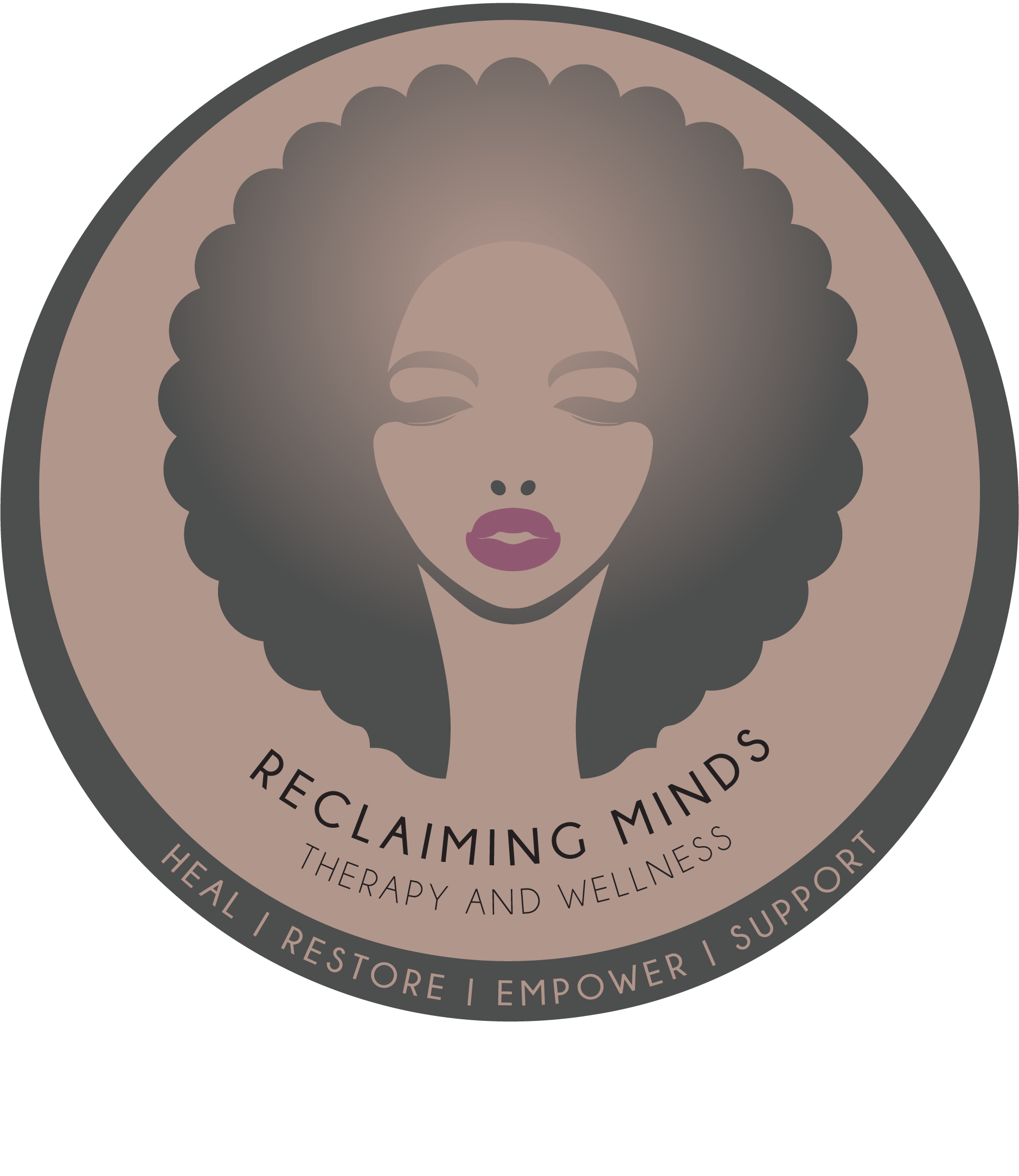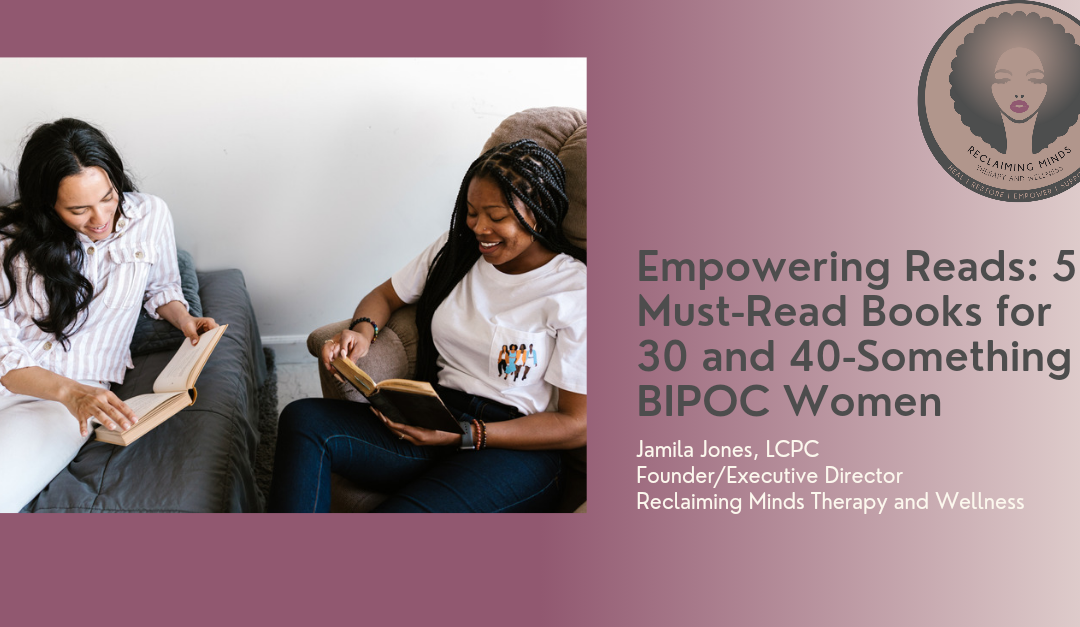As a licensed therapist and advocate for mental wellness, I firmly believe in the power of literature to inspire, educate, and empower. For BIPOC (Black, Indigenous, and People of Color) women in their 30s and 40s, navigating through life’s complexities and seeking narratives that resonate with their experiences can be transformative. In this curated list, I’ve selected five books that offer diverse perspectives, profound insights, and compelling stories that every BIPOC woman in this age group should consider adding to her reading list.
1. **”Becoming” by Michelle Obama**
Michelle Obama’s memoir, “Becoming,” is a testament to resilience, grace, and the pursuit of authenticity. Through her eloquent storytelling, the former First Lady invites readers into her journey from the South Side of Chicago to the White House, exploring her experiences as a Black woman, mother, and leader. With candor and vulnerability, Obama reflects on the challenges and triumphs that shaped her identity, offering invaluable wisdom on self-discovery and the power of owning one’s narrative.
2. **”The Color Purple” by Alice Walker**
Alice Walker’s Pulitzer Prize-winning novel, “The Color Purple,” is a timeless masterpiece that celebrates the resilience of Black women in the face of adversity. Set against the backdrop of the Jim Crow South, the story follows Celie, a young African American woman, as she navigates through abuse, love, and liberation. Through Celie’s transformative journey and her bond with other women, Walker illuminates themes of sisterhood, empowerment, and the enduring strength found within BIPOC communities.
3. **”Sister Outsider” by Audre Lorde**
Audre Lorde’s collection of essays in “Sister Outsider” is essential reading for BIPOC women seeking radical self-love and social justice. Lorde, a trailblazing poet and activist, examines the intersections of race, gender, sexuality, and class with profound insight and conviction. Her essays challenge conventional notions of identity and power, urging readers to embrace their unique perspectives and advocate for change. From “The Master’s Tools Will Never Dismantle the Master’s House” to “Uses of the Erotic: The Erotic as Power,” Lorde’s words resonate with enduring relevance and urgency.
4. **”The Joy Luck Club” by Amy Tan**
Amy Tan’s “The Joy Luck Club” is a poignant exploration of intergenerational relationships, cultural identity, and the immigrant experience. Through the interconnected stories of four Chinese American immigrant families, Tan captures the complexities of mother-daughter bonds and the enduring legacy of heritage. As the characters navigate between their Chinese roots and American upbringing, they grapple with themes of identity, belonging, and the search for understanding across generations. Tan’s lyrical prose and rich characterizations make “The Joy Luck Club” a captivating and resonant read for BIPOC women of all ages.
5. **”An American Marriage” by Tayari Jones**
Tayari Jones’ “An American Marriage” is a compelling novel that delves into the intricacies of love, race, and injustice in contemporary America. Set in the South, the story follows newlyweds Celestial and Roy as their lives are upended by Roy’s wrongful incarceration. Through alternating perspectives and evocative prose, Jones explores the ripple effects of systemic racism on intimate relationships and individual aspirations. As Celestial and Roy navigate through betrayal, loss, and resilience, “An American Marriage” offers a poignant reflection on the complexities of love and the pursuit of justice in a society fraught with inequity.
In conclusion, these five books offer diverse narratives and perspectives that speak to the experiences, challenges, and triumphs of BIPOC women in their 30s and 40s. Whether exploring themes of identity, resilience, or social justice, each of these reads has the power to inspire, provoke thought, and ignite meaningful conversations. As we continue to uplift and amplify BIPOC voices, may these stories serve as a source of empowerment and solidarity for women everywhere.


Recent Comments